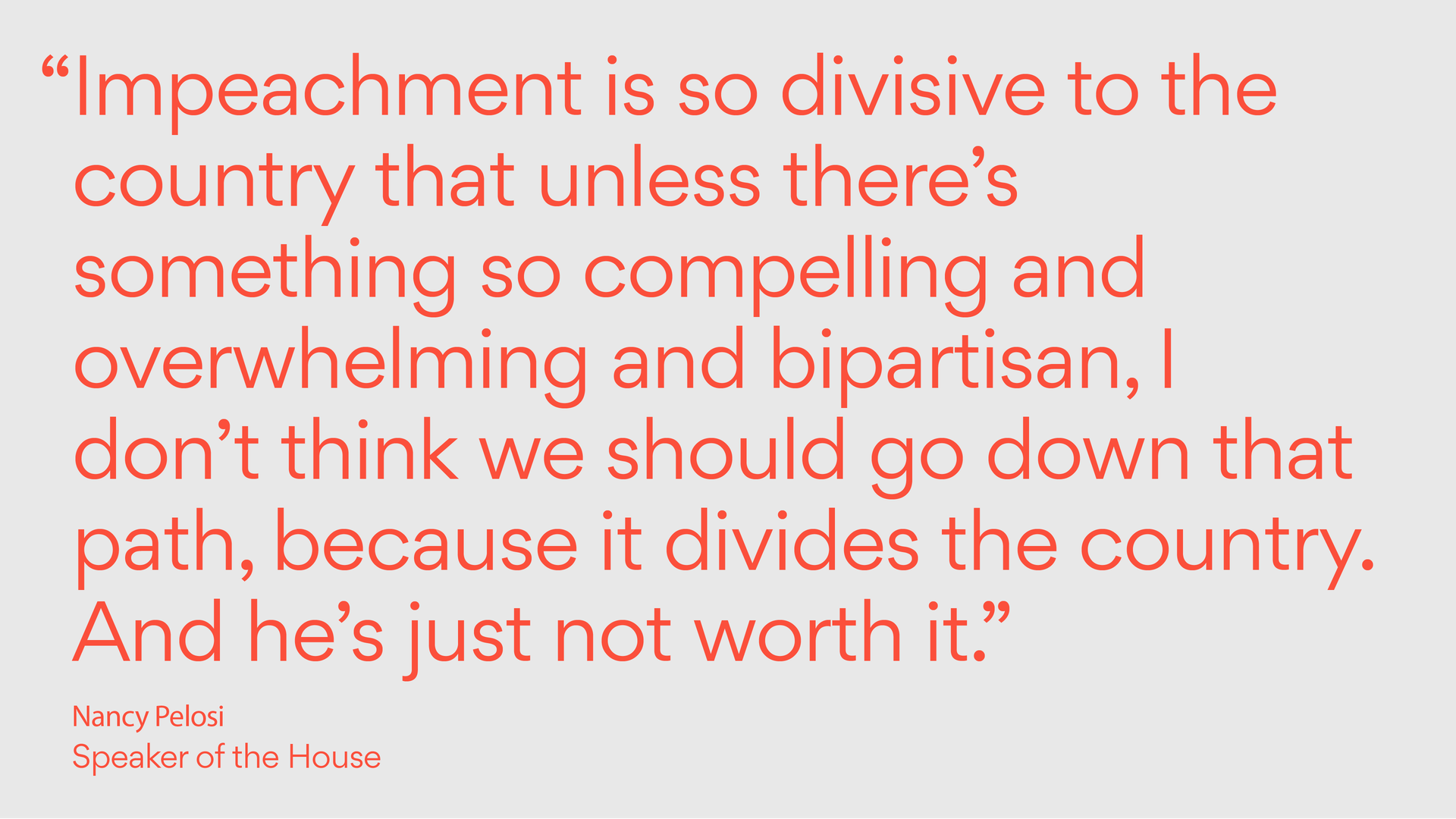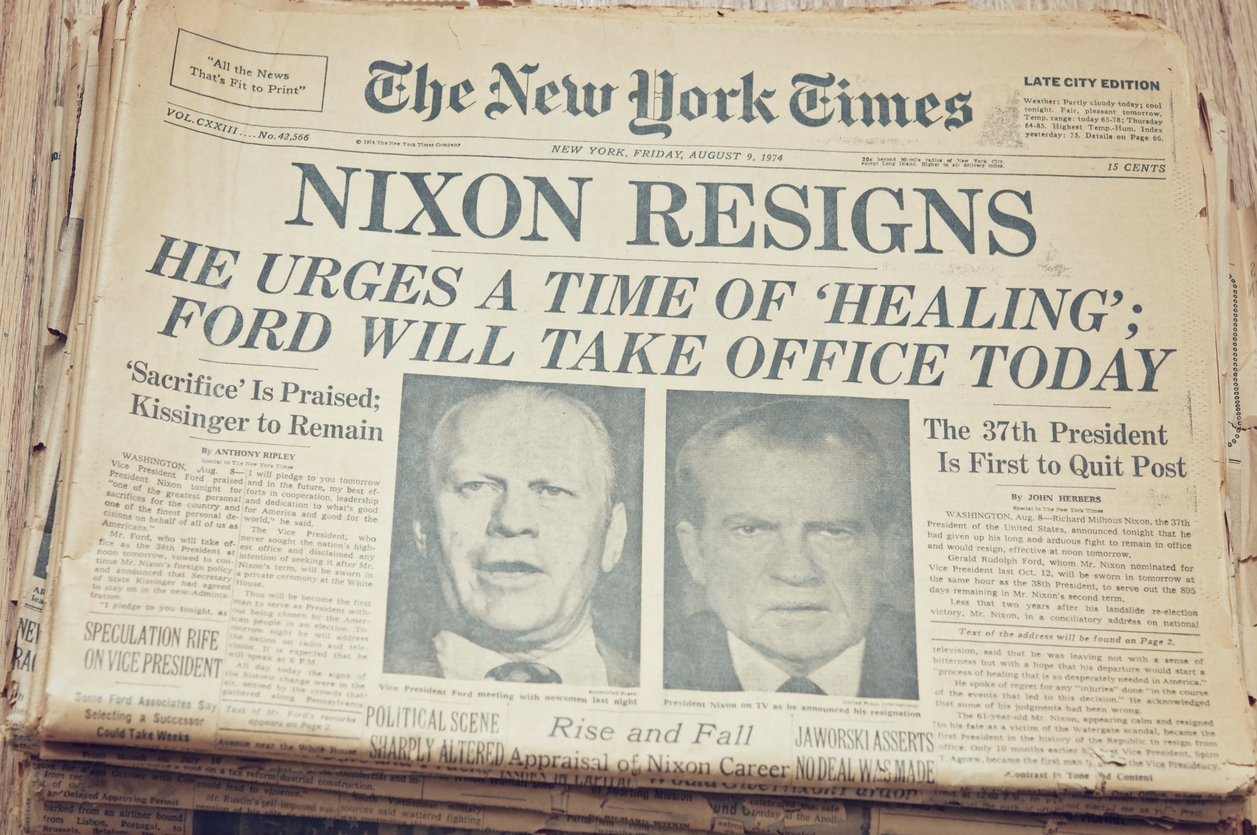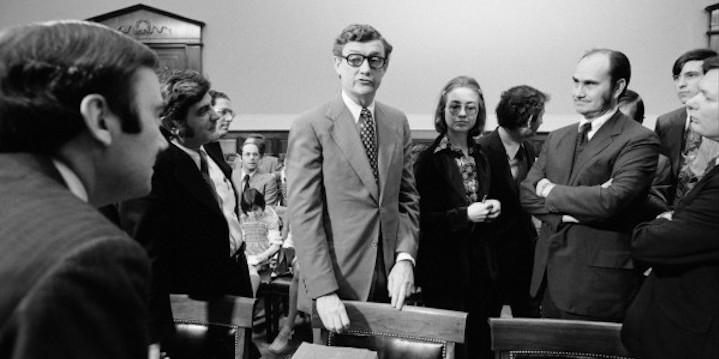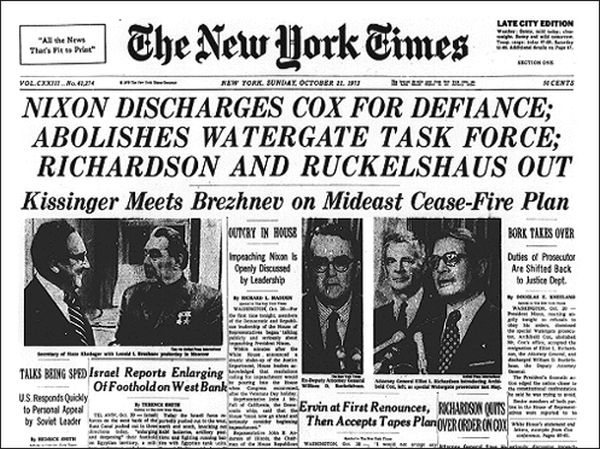
If the Democrats, as the majority party, in the US House of Representatives want an easier, more timely access to key witnesses and crucial documents to paint for the public, the portrayal of how the republican President Donald Trump has continued to commit several felonious acts for two plus years, as detailed in the FBI’s 3/22/2019 final report, regarding its 22 months long Trump- Russia probe led by the Special Counsel Robert Mueller III, they have no choice but to commence impeachment hearings against him.
The US House Democratic leadership have demonstrated their resistance to taking this step for numerous reasons which have merit but in the end, the US House is the only government entity which can hold the president accountable for his abuses of power and his continuous attempts to obstruct justice because the US Constitution grants it, the power to impeach him. This is a duty, they can’t shirk because it is a politically risky move. Otherwise, they are no better that the GOP US Congressional members who out of fear of losing their jobs and political expediency, have acted with cowardice by refusing to challenge President Trump with all of his wrongdoings, no matter how flagrant.
See: Dems Lack Courage To Hold Trump Accountable Just Like Their GOP Congressional Colleagues

Who is truly going to step in the breach to protect the ‘rule of law?…’
On May 10, 2019, Darren Samuelsohn and Josh Gerstein of Politico penned the following Analysis, “Here’s why Democrats may rethink impeaching Trump” (“Judges have repeatedly ruled that Congress has a greater claim to sensitive documents when it can point to an ongoing legal matter, like impeachment.”)
Excerpts:
“Democrats know (believe) that impeachment is a losing proposition against President Donald Trump right now.”
“But there’s another rationale for launching impeachment that has some Democrats reconsidering the idea — getting access to the sensitive documents and testimony that Trump’s team is withholding.”

“Judges have repeatedly ruled that Congress has a greater claim to sensitive government documents and personal information when it can point to an ongoing legal matter, instead of just a congressional investigation or legislative debate. And impeachment would give lawmakers that legal matter — the process is essentially a court procedure run by Congress where the House brings charges and the Senate holds the trial.”
“The idea might seem toxic to House Democratic leaders who have so far resisted impeachment overtures against the president, aware that the politically explosive move wouldn’t get through the Republican-led Senate and could turn off voters ahead of the 2020 election.”

“But legal experts and lawmakers across the ideological spectrum acknowledge that formally unleashing impeachment would bolster Democrats’ arguments that they deserve to see the president’s tax returns, interview senior officials, peruse special counsel Robert Mueller’s trove of evidence and see the details of Trump’s personal dealings with foreign leaders. So far, the Trump administration has vociferously argued it doesn’t need to acquiesce to such demands, which it says are merely part of a political hit job. The president’s personal attorneys have even punched back with lawsuits in some cases.”
“One could imagine that if this stonewalling of the American people continues, that that may be something the committee would have to consider,” said Rep. David Cicilline, a Rhode Island Democrat who sits on the House Judiciary Committee, which would lead impeachment proceedings.”
“The Democrats’ hand would be strengthened if they were conducting a formal impeachment inquiry,” added Philip Lacovara, who served as counsel to the Watergate-era investigation of President Richard Nixon.”
Link: Here’s why Democrats may rethink impeaching Trump

For a comparison, the impeachment process in the Watergate era took much longer than most peoples think…
As per the 5/30/2017 PBS.org report, “The complete Watergate timeline (it took longer than you realize) – PBS:”
“Here’s a quick refresher of the events that led to Nixon’s resignation.”
June 17, 1972
“Five men are arrested while trying to bug the Democratic National Committee’s headquarters at the Watergate, a hotel and office building in Washington, D.C. A day later, White House press secretary Ronald Ziegler famously called the Watergate break-in a “third-rate burglary.” At a press conference June 22, President Nixon denied that the White House was involved in the incident.”

Aug. 1, 1972
“The Washington Post reported that a $25,000 check intended for Nixon’s 1972 reelection campaign was deposited in the bank account of one of the Watergate burglars. It was one of the first developments linking the DNC break-in to Nixon’s campaign.”
Oct. 10, 1972
The Post reports the FBI had concluded the Watergate break-in was part of a broader spying effort connected to Nixon’s campaign. News of the FBI’s findings came 2 weeks after the Post reported that former Attorney General John Mitchell, who stepped down earlier that year, had controlled a secret fund that paid for spying on the Democratic Party.

Jan. 8, 1973
The trial for the Watergate break-in begins.
Jan. 30, 1973
G. Gordon Liddy, a former Nixon aide, and James McCord, a one-time Nixon aide and former CIA operative, are convicted for their role in spearheading the Watergate break-in.
April 30, 1973
The scandal reaches the White House, as senior White House aides H.R. Haldeman and John Ehrlichman resign over Watergate. Attorney General Richard Kleindienst also resigns, and John Dean, the White House counsel, gets fired.

May 18, 1973
Attorney General Elliot Richardson appoints Archibald Cox as special prosecutor to lead the investigation into Nixon’s reelection campaign and Watergate. Cox was a respected attorney and law professor, and had served as the United States solicitor general under Presidents John F. Kennedy and Lyndon Johnson.
Cox’s appointment comes one day after the Senate Watergate Committee begins its public hearings on the scandal. The committee’s hearings are nationally televised and, along with Cox’s investigation, mark a new phase in the Watergate scandal. It is at these Senate hearings that then-Sen. Howard Baker, R-Tenn., asks one of the most famous questions in American politics: “What did the president know, and when did he know it?”

July 23, 1973
Nixon, who taped his conversations and calls in office, refuses to give Cox and Senate Watergate investigators the recordings, which became known as the “Nixon tapes.” The tapes were believed to contain critical evidence of a cover-up of Nixon’s involvement in the break-in; the previous month, Dean, the former White House counsel, acknowledged that he had talked with Nixon about the Watergate matter dozens of times. After Nixon refused to turn the tapes over, both Cox and Senate investigators issue subpoenas for the material.”

Oct. 20, 1973
The day that becomes known as the “Saturday Night Massacre.” Attorney General Richardson and Deputy Attorney General William Ruckelshaus resign in the same night after refusing Nixon’s order to fire Cox. Robert Bork, the solicitor general who was acting as attorney general, then followed Nixon’s order and fired Cox. Nixon’s push to oust Cox, who was leading the independent investigation into the White House misconduct, sparked intense criticism across the political spectrum. Four weeks later, on Nov. 17, Nixon issued his memorable denial: “I’m not a crook.”
May 9, 1974
The House Judiciary Committee starts impeachment proceedings against Nixon.
July 24, 1974
In a unanimous ruling, the Supreme Court orders Nixon to release the tape recordings. The decision came 2 months after the White House gave the House Judiciary Committee edited transcripts of Nixon’s conversations, but did not turn over the actual tapes.”

July 27-30, 1974
“The House Judiciary Committee passes 3 articles of impeachment against Nixon, for obstruction of justice, misuse of power and contempt of Congress. By approving the charges, the committee sent the impeachment to the floor for a full House vote, but it never occurred.”
Aug. 8, 1974
“Nixon resigns. In his resignation speech, Nixon said: “I have never been a quitter. To leave office before my term is completed is abhorrent to every instinct in my body. But as president, I must put the interest of America first.”

Hello Gronda. The investigations must continue and they must be made public. This is what tRump and his people are afraid of. The constant information leak hurt Nixon. The constant Republican hearings on every subject possible hurt Obama and seriously lowered Hillary Clinton’s favorably rates. The object from the tRump team is to delay anything or as little as possible from coming out until at least after the election. That way they minimize the damage. This tells me there is some really damaging information in all this. If the investigations can move forward with out impeachment fine, but if that is what it takes then the majority of the country is behind it and a lot more will be when the information is exposed. Hugs
LikeLiked by 1 person